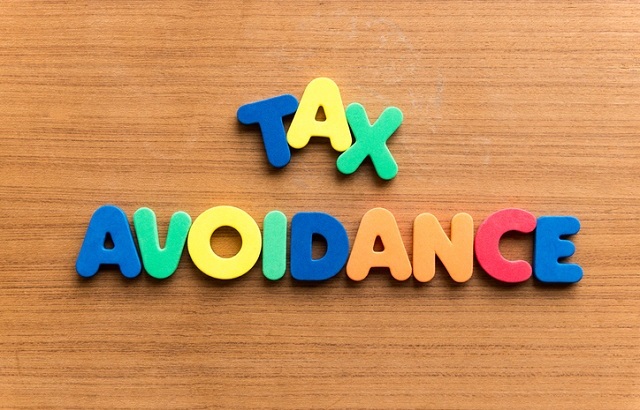HM Revenue and Customs (HMRC) is pursuing promoters of a remuneration trust which disguises income and other taxable profits as loans or fiduciary receipts through the use of a remuneration trust structure.
The scheme alleges it is able to provide tax-free profits as part of a wealth management strategy.
The remuneration trust structure used has its trustees based offshore.
How it works
According to HMRC, the scheme’s users are mostly self-employed individuals, partners in a partnership, a company or a company director.
The trust is setup in a way that allows its beneficiaries to profit from it, other than the scheme user. The individuals that benefit from the trust are usually people who either trade or lend money.
However, the scheme’s trustees do not take any action to identify and reward the beneficiaries, since trust contributions are always intended to be used by the scheme user.
For it to work, the user needs to set up a personal management company that is going to be either controlled by them or by a third party.
Subsequently, the contribution to the trust is often paid out to the company and a 10% scheme fee is automatically deducted from it.
Dubious payment methods
The payment then happens through unsecured loans or fiduciary receipts from the personal management company, as the scheme claims this method to be tax free and “on terms not available from high street lenders”, HMRC said.
“Interest and capital repayments on the loans are rarely made. The receipts from the personal management company are often used by scheme users as living expenses.
“In some cases, the scheme user decides how the money is invested by the personal management company.
“HMRC understands that scheme users are told that they will always remain in control of the funds,” the regulator added.
Possible repercussions
The Revenue said that, despite the tax avoidance scheme’s claims, companies and company directors would still need to pay corporate tax, income tax, national insurance and inheritance tax.
On the other hand, self-employed people and partners in a partnership would not be allowed expenses and would be charged inheritance tax.
Additionally, HMRC said that it will charge interest on any tax paid after the statutory date and will avoiders will also face charges.








